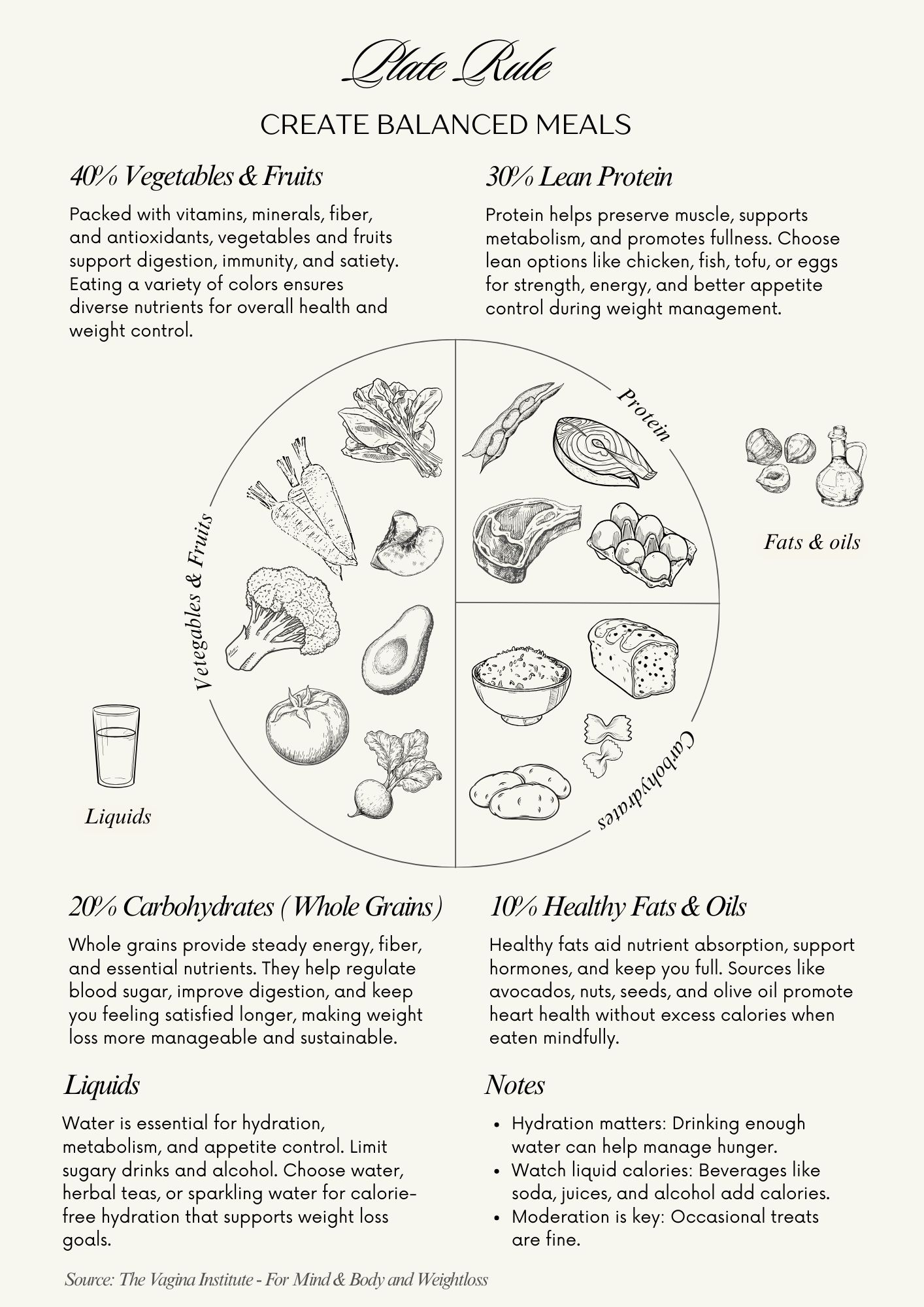Safe and Sustainable Weight Loss for Women

Weight loss is a common goal for many women, but the approach matters as much as the result. Quick fixes and extreme diets can lead to health risks, nutritional deficiencies, and frustration when results don’t last. Instead, adopting safe and sustainable strategies ensures long-term success without compromising well-being.
This guide focuses on practical, science-based steps women can take to lose weight in a healthy way, while maintaining energy, hormonal balance, and overall health.
1. Set Realistic Goals
Start with achievable targets. Aiming to lose 0.5 to 1 kilogram (1–2 pounds) per week is considered safe by most health professionals. Extreme calorie restriction may lead to rapid weight loss, but it often triggers fatigue, muscle loss, and metabolic slowdown.
Tip: Focus on progress, not perfection. Track habits rather than obsessing over daily weight fluctuations.
2. Prioritize Balanced Nutrition
Crash diets often remove entire food groups, which can cause nutrient imbalances. Instead, aim for a balanced plate:
-
Lean protein (chicken, fish, eggs, tofu) for muscle preservation.
-
Fiber-rich vegetables to promote fullness and gut health.
-
Whole grains for steady energy and blood sugar control.
-
Healthy fats (avocado, nuts, olive oil) to support hormonal health.
Avoid labeling foods as “good” or “bad.” Instead, think of food as fuel and choose nutrient-dense options most of the time.

3. Manage Portion Sizes
Even healthy foods can contribute to excess calorie intake if portions are too large. Use smaller plates, measure high-calorie items like oils and nuts, and pay attention to hunger cues.
Tip: Eating slowly can help prevent overeating by giving your body time to signal fullness.
4. Stay Active – Beyond the Gym
Exercise is key for weight loss, but it’s not limited to structured workouts. While 150 minutes of moderate activity per week is recommended, small lifestyle changes make a difference:
-
Take the stairs instead of the elevator.
-
Incorporate short walks during breaks.
-
Add resistance training to preserve muscle mass.
Combining cardio, strength, and flexibility training offers the best results for metabolism and body composition.
| Exercise Type | Duration | Key Benefit |
|---|---|---|
| Walking | 30 min | Improves heart health |
| Strength Training | 20 min | Preserves muscle mass |
| Yoga | 15 min | Reduces stress & improves flexibility |
5. Prioritize Sleep and Stress Management
Lack of sleep and chronic stress can interfere with weight loss by increasing hunger hormones and cravings for high-calorie foods. Aim for 7–9 hours of quality sleep and include stress-reducing practices like breathing exercises, journaling, or light stretching.
6. Stay Hydrated
Water supports metabolism, digestion, and appetite regulation. Drinking a glass of water before meals can help with portion control and reduce unnecessary snacking.
7. Monitor Progress Wisely
Regular check-ins help you stay on track, but the scale is not the only measure of success. Pay attention to:
-
Energy levels
-
Clothing fit
-
Strength and stamina improvements
Progress photos or body measurements can also provide a more accurate picture than weight alone.
8. Be Patient and Consistent
Sustainable weight loss takes time. Avoid comparing your progress to others and focus on what works for your body and lifestyle. Consistency, not perfection, leads to long-term success.
When to Seek Professional Guidance
If you have underlying health conditions, experience rapid weight changes, or struggle with disordered eating, consult a healthcare provider or registered dietitian before making significant changes.
Key Takeaways
-
Safe weight loss is gradual and focuses on overall health, not just numbers on the scale.
-
Balanced nutrition, physical activity, and good sleep form the foundation.
-
Avoid extreme diets—they rarely deliver lasting results and can harm health.
Disclaimer: The articles and information provided by the Vagina Institute are for informational and educational purposes only. This content is not intended to be a substitute for professional medical advice, diagnosis, or treatment. Always seek the advice of your physician or another qualified health provider with any questions you may have regarding a medical condition.


 Deutsch
Deutsch  English
English  Español
Español  Français
Français 

